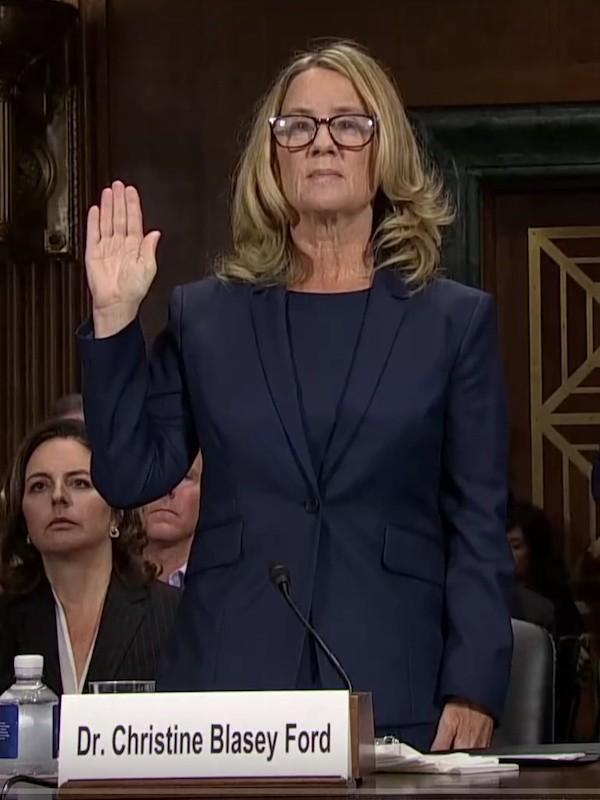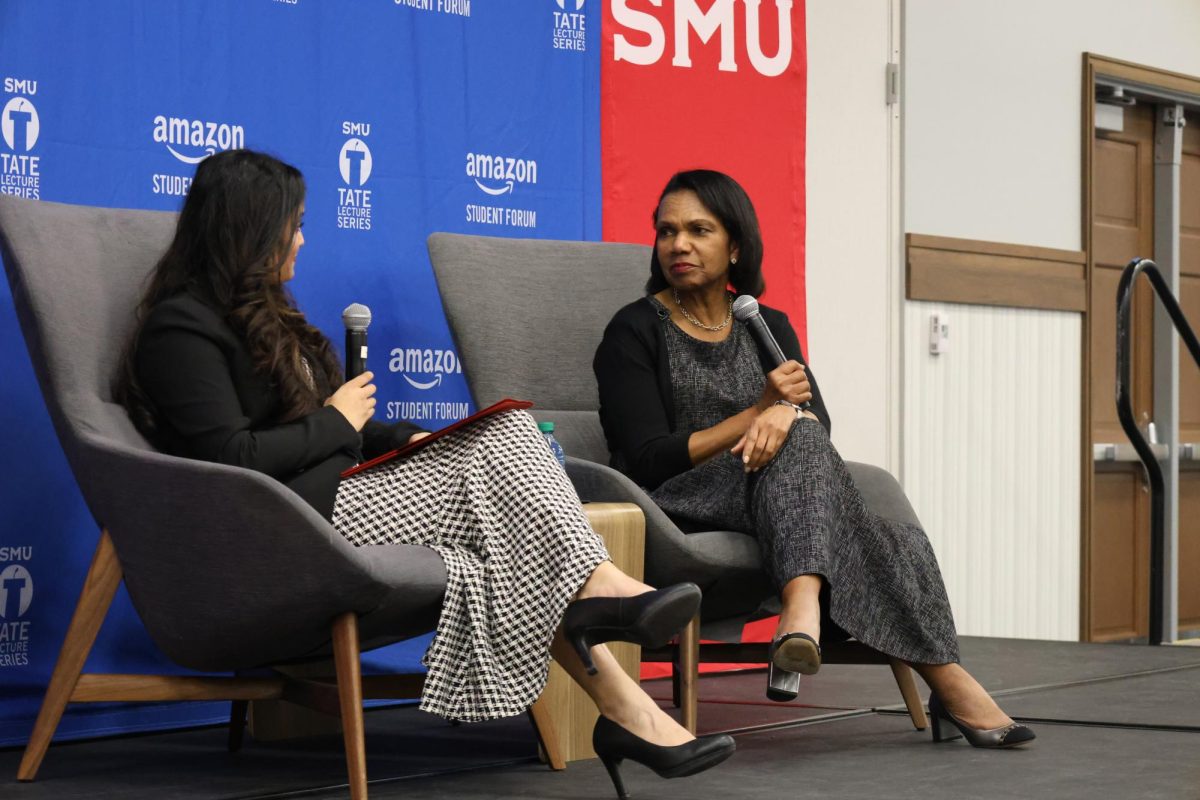The following op-ed was written by the president (Karen Guan) and vice president (Lamisa Mustafa) of the Feminist Equality Movement (FEM,) an SMU organization dedicated to gender equity and sexual assault awareness. FEM will hold Take Back the Night, an annual rally and speak out for survivors on Wednesday, Nov 14 at 6:30-9 p.m. in the Hughes-Trigg Varisty.
On Saturday, Oct 6, 2018, Judge Brett Kavanaugh was confirmed to the Supreme Court of the United States in a 50-48 vote.
Perhaps unsurprisingly, the intensely close vote was marked by great partisanship, as only Senator Lisa Murkowski (R-Alaska) dared to cross party lines to vote against Kavanaugh’s confirmation. While there are many concerns regarding Kavanaugh’s legal position on issues, from abortion to investigations on sitting presidents, the greater concern is how Kavanaugh’s confirmation represents something much darker to survivors of sexual assault and domestic violence. To survivors, it is a tacit endorsement of a known abuser who will hold a lifetime appointment to the United States’ highest court.
To understand why survivors of sexual assault and domestic violence feel like this, consider the accusations against him and Kavanaugh’s former classmates’ statements on Kavanaugh’s character.
Please be warned, the following content is graphic and may disturb those with histories of sexual assault and domestic violence.
The first accusation, made by Stanford psychologist Dr. Christine Blasey Ford, recalls Kavanaugh’s high school years at Maryland’s Georgetown Prep. At her Senate hearing, Blasey Ford described being pushed into a bedroom by Kavanaugh and his friend Mark Judge, and being held down with Kavanaugh’s hand over her mouth at a party in 1982. Blasey Ford wrote she feared “he may inadvertently kill” her when coming forward with her story. Blasey Ford bravely testified under oath to the Senate Judiciary Committee on September 27, 2018.
The second accusation was made by a former Yale classmate of Kavanaugh’s, Deborah Ramirez. In an article featured in The New Yorker, she describes a college party where she was inebriated and Kavanaugh thrust his penis in her face.
You might say, “But these are simply accusations! Innocent until proven guilty!” However, several of Kavanaugh’s former classmates from Georgetown Prep and Yale have provided evidence of his risky and rowdy drinking behaviors. There are police records of Kavanaugh starting a fight after a UB40 concert in New Haven. Additionally, his high school yearbook contains several sexual references. One of these references, in which he calls himself a “Renate Alumnius,” is a reference to a woman named Renate Schroder Dolphin. Schroder Dolphin, according to The New York Times, was mercilessly slut-shamed by countless boys during her high school years and is mentioned several times in the Georgetown Prep yearbook.
While these events happened decades ago, Kavanaugh’s unhinged anger and dishonesty at the Senate testimony concerns many people, especially victims of sexual abuse and harassment.
Several SMU law professors signed an open letter against Kavanaugh’s confirmation in The New York Times due to the belief he did not have the demeanor and temperament to hold a lifetime position on our highest court.
In this era of #MeToo, many hope to hold the people who have hurt them accountable for their actions, but political and legal systems continue to let down survivors.
An anonymous SMU student wrote about the accusations made against Kavanaugh: “I remember when I was the ‘Renate’ of a school I used to attend, being taunted by men who would try to mess with my head by calling me a slut to have their way with me. I remember when I was ‘Julie,’ seeing privileged men at a party prey on women. I remember when I was ‘Christine’ when I was forcibly dragged into a room by a man one night. The Kavanaugh case makes me feel like my experiences do not matter and never will.”
“The Kavanaugh case makes me feel like my experiences do not matter and never will.”
What can we do as SMU students to support the survivors on campus during this difficult time, while some of our classmates are in full support of Kavanaugh’s appointment?
The first step is to simply be present for your survivor friends. Support them as they grapple with the political fallout and its implications through simple acts of kindness and love. Do not forget to practice self-care if you are a survivor yourself.
You can also become involved with organizations like Not on My Campus (NOMC) and our organization, the Feminist Equality Movement. Attend survivor support events such as Take Back the Night (Wednesday, Nov 14 at 6:30 PM in Hughes-Trigg Varsity) hosted by FEM in partnership with NOMC and Mustang Heroes. Fight like hell to save reproductive rights. Utilize resources on campus like the Women & LGBT Center, SMU Counseling Services and the Title IX Office.
To every survivor at SMU and across the world: You are loved. You are heard. Most of all, you matter.
What to do in case of sexual misconduct
SMU Police – 214-768-3333 (for criminal reporting)
SMU Title IX Coordinator – 214-768-3601 (for internal grievance information/reporting)
Violence Prevention & Support Services – 214-768-4512
SMU Counseling Services – 214-768-2277 (an emergency contact number is provided at all hours. Confidential, on-campus.)
SMU Chaplain’s Office – 214-768-4502 (confidential, on-campus)
Dallas Area Rape Crisis Center (DARCC) – 972-641-7273 (24-hour hotline) (confidential, off-campus)
TX Health Presbyterian Hospital, Sexual Assault Nurse Examiner (SANE) program – 972-641-7273 (24-hour hotline)




















